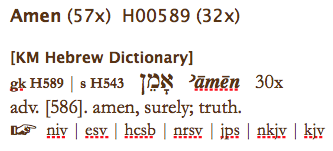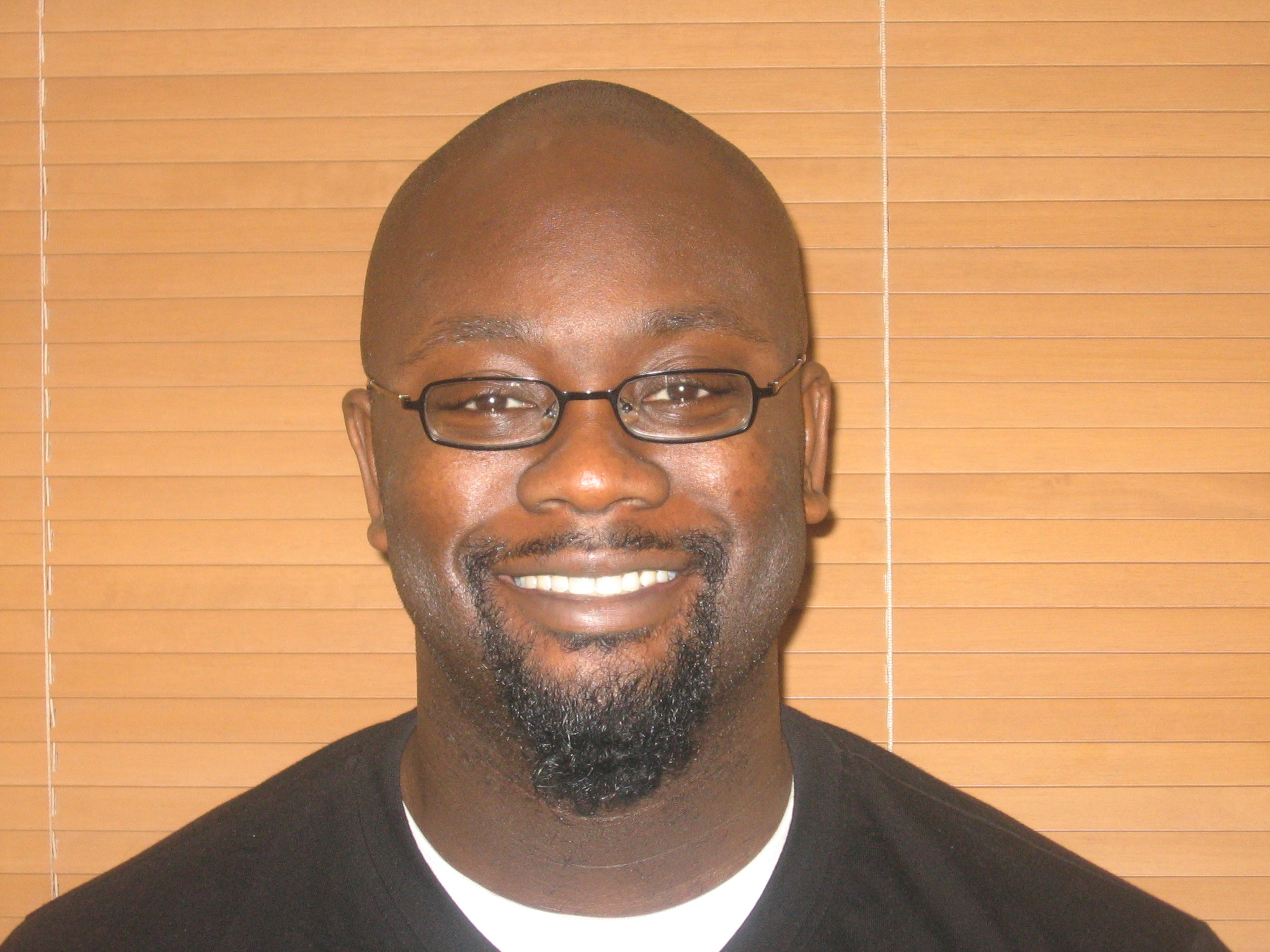How often do you say the word, “Amen” in a church service? Not as a response to a prayer or statement from another person, but as a filler word? It’s probably more often than you think. I do it more than what I would like to admit. The frequency has declined, but it still happens from time to time. Why does it matter?
It matters because the word, “Amen” is a Bible word rich in spiritual meaning. To use it loosely empties it of its potential power, and compromises its God-given purpose.
I would like to create some momentum amongst those of us who lead worship in eradicating the word “Amen” from any context in which it lacks meaning. How will we do this? Let me take you through five points inspired by the book, “participating in worship” by Craig Douglas Ericsson.¹
1. Meaning
“Amen” comes from the Hebrew verb ‘mn. When we say “Amen” we are saying a Hebrew word that has been used for millennia. It means: surely, truth, most certainly, so be it, to be faithful, reliable, steadfast, established, firm.
2. Origin of usage
The word, “Amen” was used in synagogues and the Temple. Since then it has become common in both Christian and Muslim circles. It has been adopted as a transliteration by many languages.
3. Biblical usage
The Hebrew version of the word is found in 25 verses of the Old Testament. The Greek version of “Amen” is found in 104 verses of the New Testament, translated in a variety of ways (Amen, truly, very). It is most common in the Gospels, with Matthew (31), and John (50) containing by far the most.
“In Biblical usage, ‘Amen’ is a formula that is spoken by the congregation at the end of the liturgy (e.g. 1 Chronicles 16:36) or at the end of the doxology (e.g. Romans 1:25).” Erickson
In the New Testament “Amen” is used as an indicator that something important is about to be said. Jesus said “Amen, Amen” (translated as “Verily, verily,” or “truly, truly”) before some of his most important pronouncements.
4. Historical usage
Most commonly, “Amen” is used after someone has prayed, and the congregation signals its agreement with what has been said. Augustine wrote, “to say ‘Amen’ is to subscribe.”
- Agreement: a congregation might say “Amen” spontaneously in agreement with a speaker. In saying “Amen” we, as the body of Christ, are giving collective spiritual agreement to the truth of what has been said. There is much power in this corporate assent. Jerome recorded that the Amen of his congregation was “like thunder shaking the empty temples of the idols”!
- Unity: “Amen can express unanimity of belief. This is the predominant sense at the conclusion of the creeds.
- Sealing: “Amen” is appropriate when someone is baptised or married. For example, “I am now able to baptise you in the name of the Father, and of the Son, and of the Holy Spirit for the forgiveness of sins and the gift of the Holy Spirit and you will be added to Christ’s church. AMEN”
5. Modern usage
In the congregations I serve, “Amen” is most commonly used in corporate settings in the following ways:
- As a corporate response to someone leading a prayer
- As a spontaneous personal response to something said in the church service, most often the sermon.
- As a corporate response to a Bible reading. As in, “… and the church said – AMEN.”
- As a seal on baptism (as above in point 4).
- As a way for a speaker to get a response to his or her point. As in, “If you want to be confident of your salvation, you must make every effort. Amen?”
- As a filler between songs, at the end of speaking slots. Too often the word is used to mask insecurity in the speaker or worship leader or fill a moment of silence.
Two Recommendations
Using the word, “Amen” in our times of corporate worship is thoroughly biblical and helpful. However, we might want to rethink the habits, traditions and customs we have adopted. Let us consider whether the way we use the word, “Amen” is serving a useful spiritual purpose.
- Stop using the word, “Amen” as a filler in corporate worship. Instead, allow silence. Or say something more meaningful about what has just been said or sung, and what is about to be said or sung. The key to improving is to be better prepared and consider in advance what to say, for example, at the end of a song.
- Continue using the word, “Amen” in all other corporate worship circumstances.
Questions
What are your thoughts on this topic? Do you think it’s worth trying to eradicate the use of the word, “Amen” as a filler? Am I being too fussy? What have you done to reduce the use of filler words?
- Please leave a comment wherever you hear or see this or read this. I would love to know what you think. We learn best when we learn in community.
- Please pass the link to this recording/article to at least one other person who might benefit from it.
- If you are watching the YouTube version, please click the ‘like’ button. It helps this video to become more visible to more people.
- If you have not already done so, please subscribe to the podcast or the YouTube channel or the website where you found this article. That will make sure you don’t miss future videos, recordings and articles.
Thank you so much for reading, listening and watching. I hope that the next time you gather with your friends to worship God, you will have a cracking time of corporate worship.
We can all say, “AMEN” to that!
God bless, Malcolm
¹ “Participating in Worship: history, theory, and practice”, Craig Douglas Erickson, Westminster/John Knox press, 1989, pp61-64



